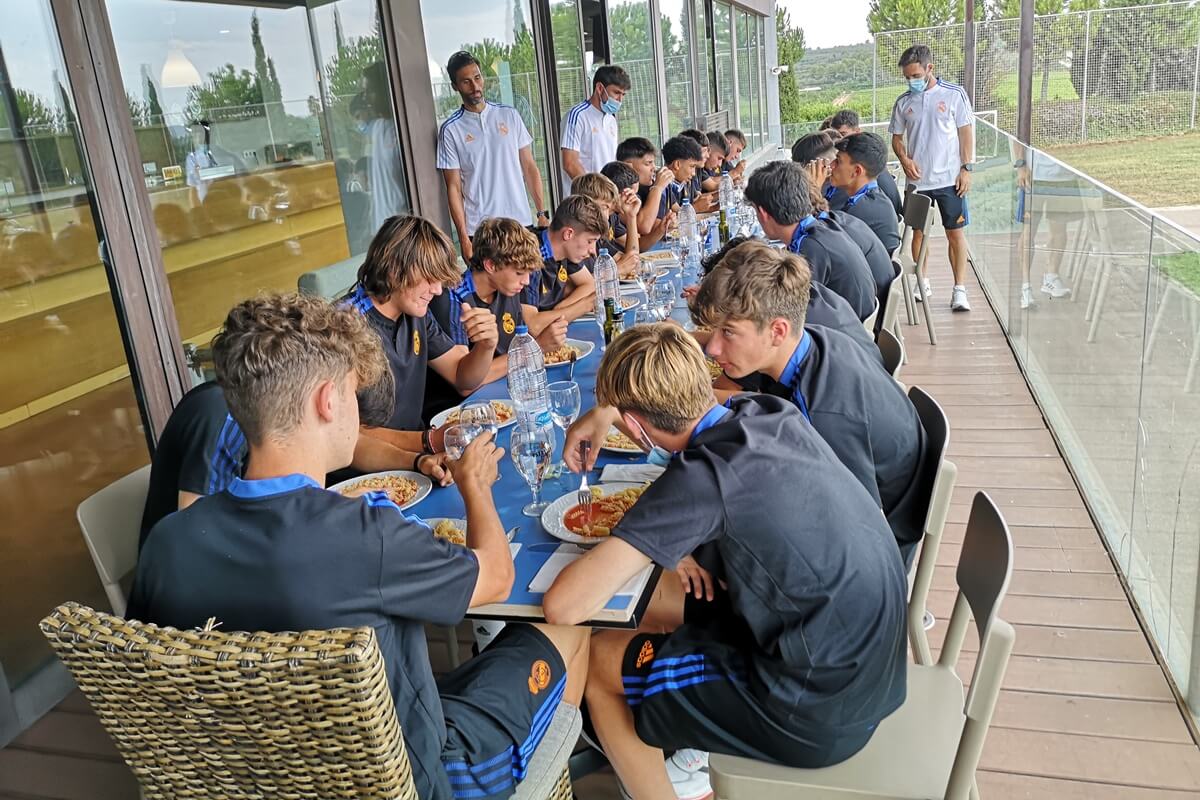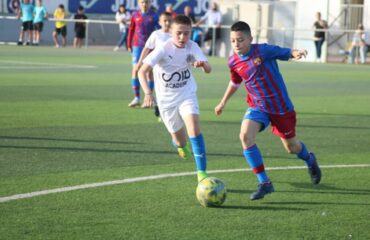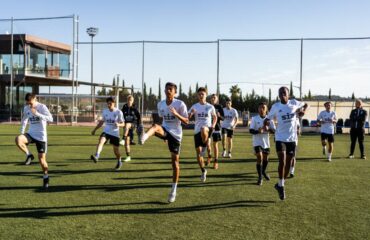Nutrition in football is fundamental. It is a sport in which physical fitness is key in order to last 90 minutes in the best shape and to be able to give the maximum in every ball. Sports nutrition has become increasingly important. Above all, to know what to eat before and after a match.
On this occasion, we will focus on what to eat before playing a football match. Recommended dishes and menus to give maximum performance on the pitch and have a good physical recovery. It will also give energy for the rest of the day and keep footballers healthy and strong.
Food before a match
Every footballer who wants to be a professional player should know basic information about nutrition. What are carbohydrates, proteins, fats… and what are they for. They must also have knowledge about their own body, knowing what it needs and how to solve it.

Each player will have their own individual guidelines. At the SIA Academy we work with each footballer on a personalised basis to provide the diet that best suits their needs. Even so, there are many generalities that apply to all athletes. These are the ones that we are going to learn about in this article.

Pre-match food characteristics
The foods to eat before a match should be easy to digest, known to the player to avoid surprises at key moments and, above all, prioritise carbohydrates. These carbohydrates will provide us with enough energy to give our best for the full 90 minutes.
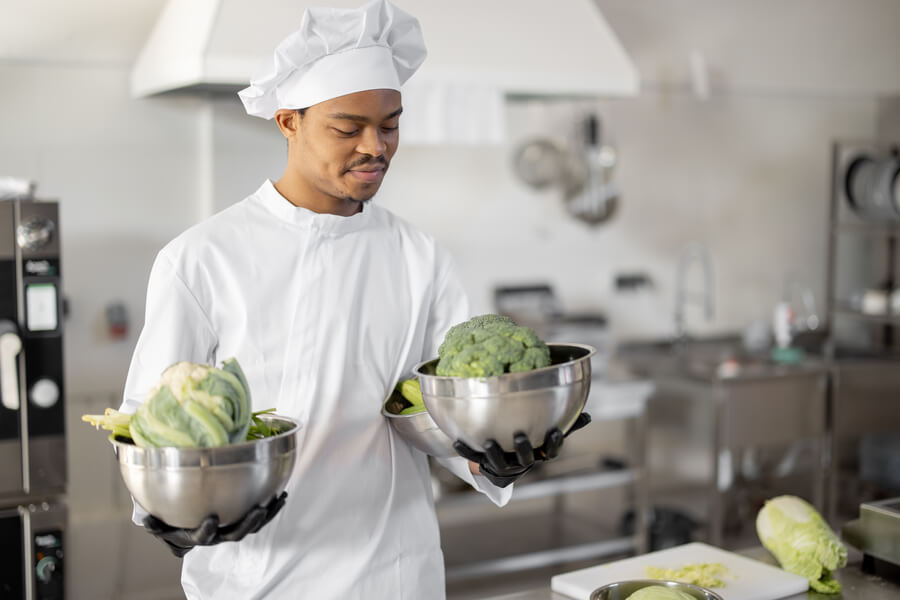
All of this should be planned. Leaving such an important choice as nutrition before a match to chance is a common mistake. It will be necessary to organise yourself to consume the dishes that will serve as energy intake before the competition. It is essential to eat two to three hours before the match so that you can play football with your digestion done.
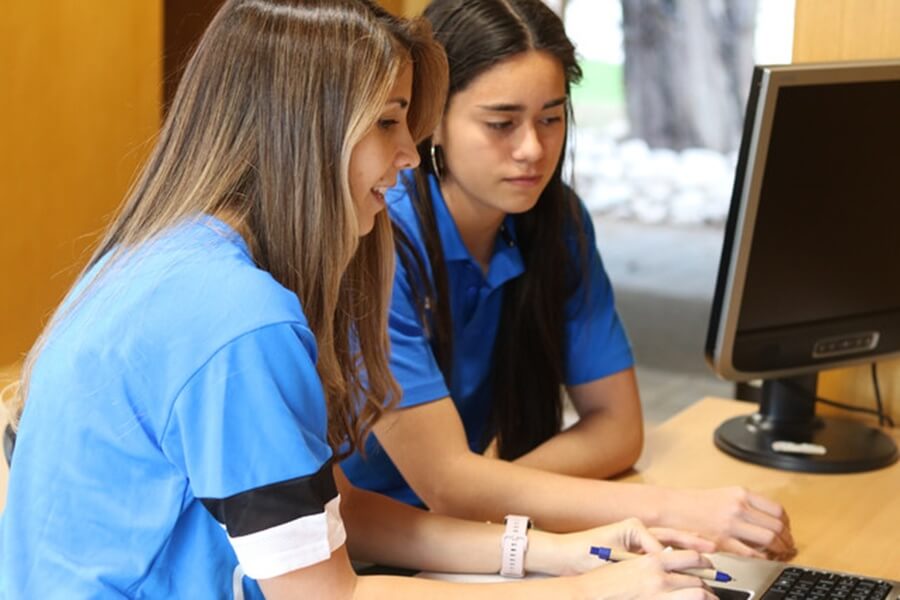
Basic nutrients before a match
Any dish eaten before a match should have the three fundamental nutrients: carbohydrates, fats and proteins. All of these have their own characteristics to take into account. For example, proteins and fats themselves should be low in fat to facilitate digestion. Avoid red meat and fried foods.

In the case of carbohydrates, they should be low in fibre for the same reason as fats and protein. Any nutrient that makes digestion difficult should not be ingested before a match. Our aim is to fill up energy reserves as much as possible and to digest them as quickly as possible.

What dishes to eat before a match?
Once the basic overview of pre-match sports nutrition has been done, it is time to put it into practice. Many players opt directly for the option of knowing what dishes to cook and eat before a match. This article provides a list of how to cook the food that will give you the energy you need.
Of course, the dishes will not be the same whether the match is in the morning, afternoon or evening. The meal before a match is special and specific. It must have the characteristics mentioned above. Therefore, we offer you several recommendations for breakfast, lunch or dinner.
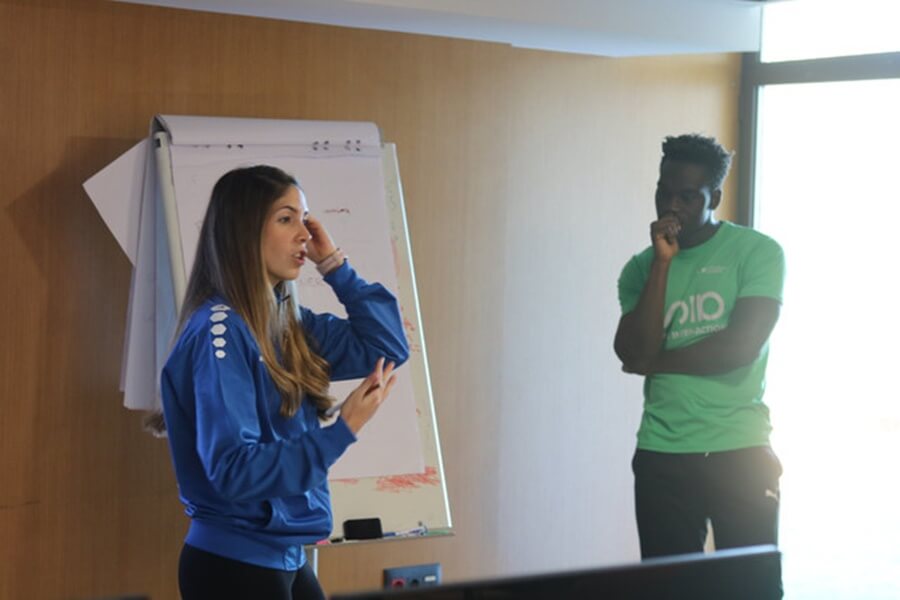
Pre-match breakfast
If the football match is in the morning, the pre-match breakfast will be key. A good example is to eat a piece of toast made from normal sliced bread, with jam or honey. It will be accompanied by turkey, ham or fresh cheese. Add a piece of fruit and a natural yoghurt. All this, low in fat and not wholemeal.
It is very important to give the stomach time to digest, especially in the case of large breakfasts. The ideal time is between three and four hours. However, as it is a morning match, there is usually not that much time, so a minimum of two hours beforehand is recommended.
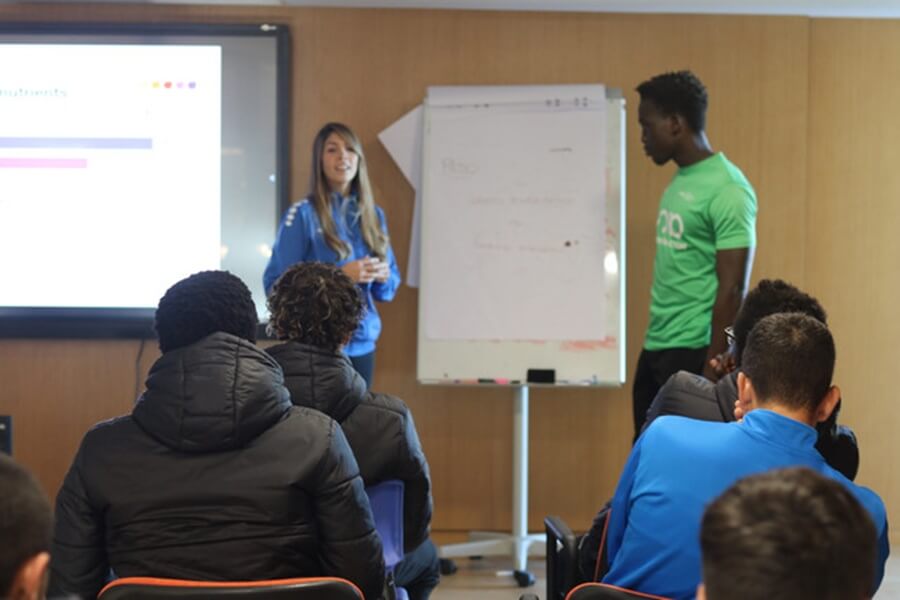
Pre-match meal and snack
In the case of food, the ideal distribution of the plate is 50 % carbohydrates, 25 % vegetables and 25 % protein. In this way the energy reserves are fully replenished. A plate of white macaroni with cooked broccoli and chicken breast is ideal. Always make sure that it is not wholemeal and that the vegetables are not raw.
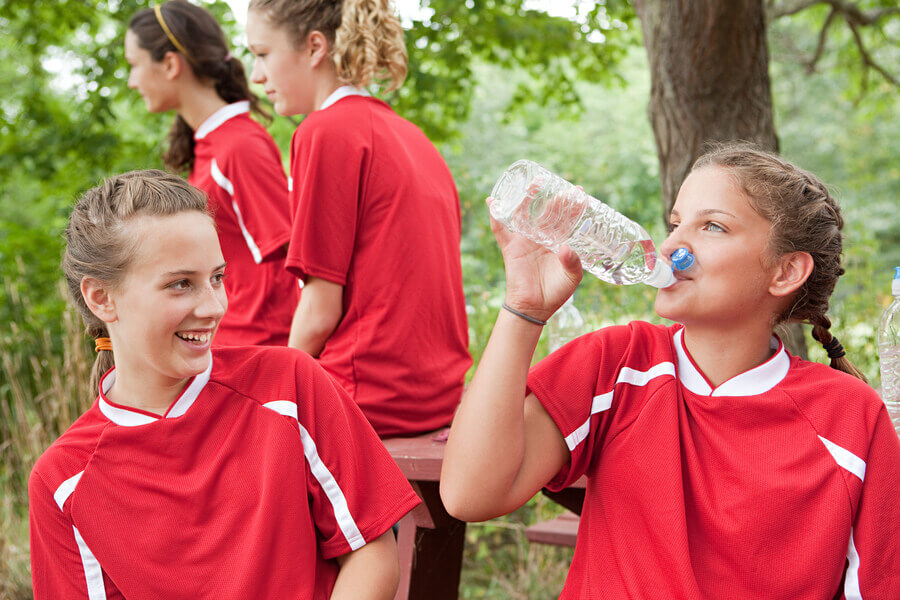
If the match is in the afternoon or evening, many players need a boost in the form of a snack. Between one and two hours beforehand, a piece of white bread toast with jam or a piece of fruit should be eaten. This should always be accompanied by proper hydration.



